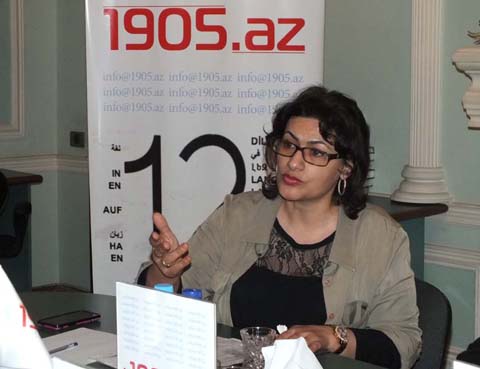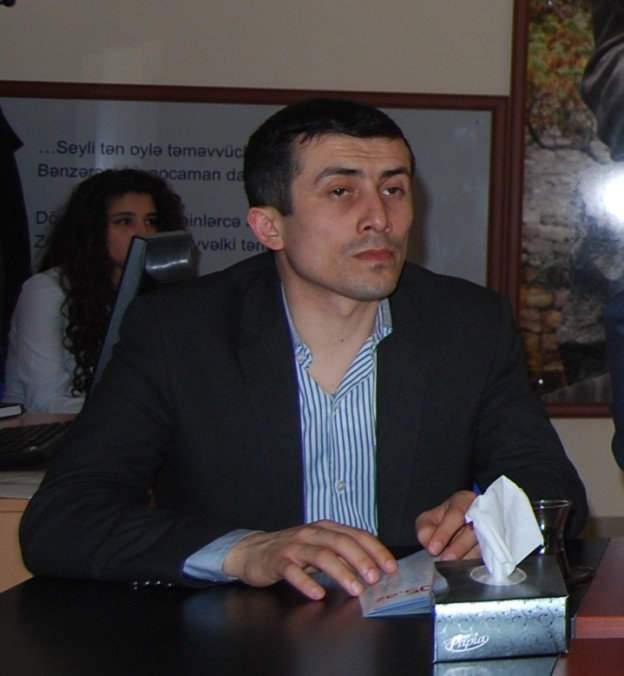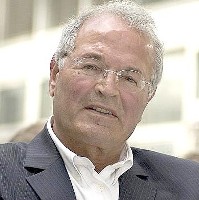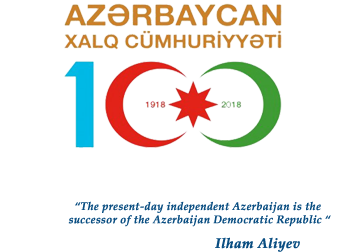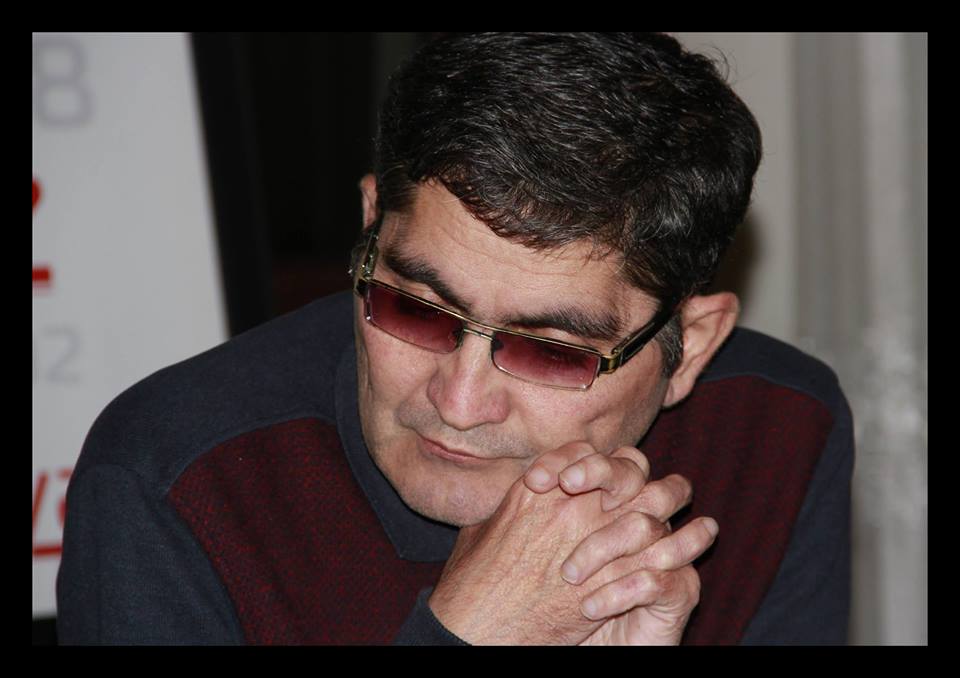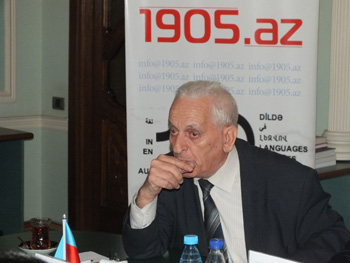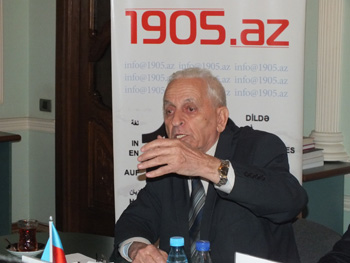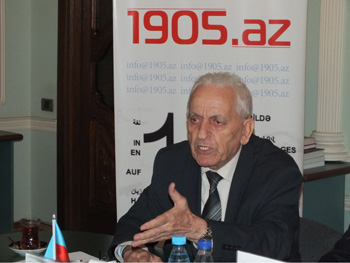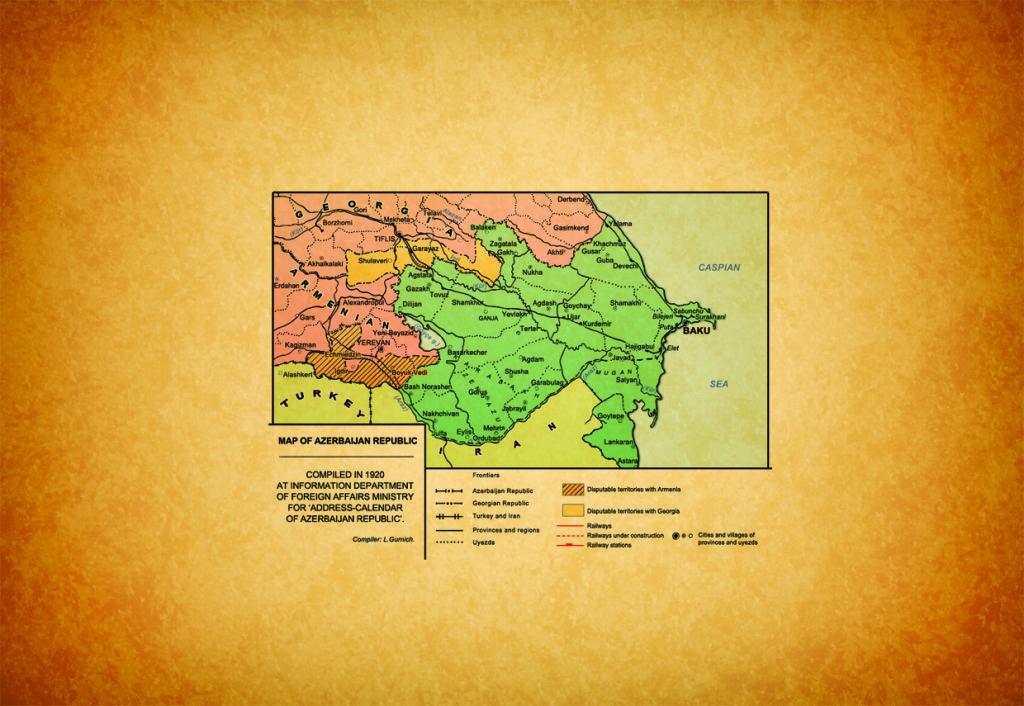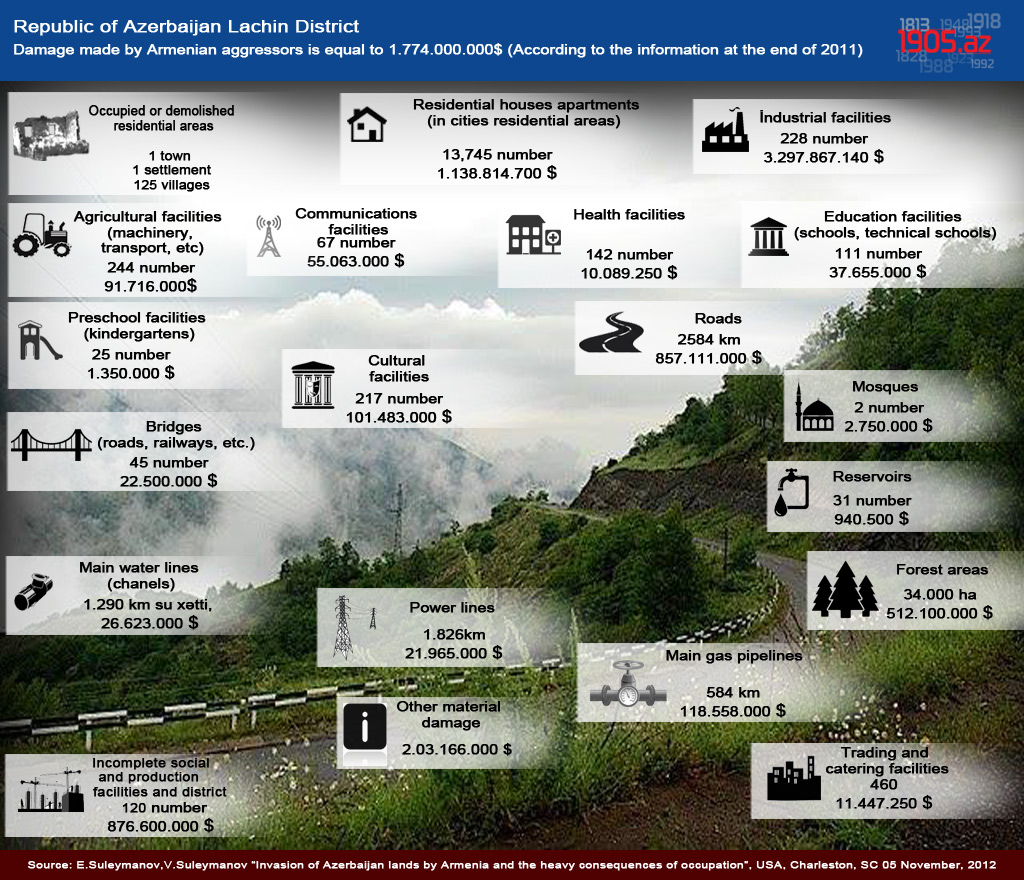21 years have passed since the occupation of Azerbaijan’s Fuzuli and Jabrayil regions by the Armenian armed forces.
APA reports that the region of Fuzuli was occupied by the Armenian military units on August 23, 1993 and 125368 ha of territory (50 villages) in west of Fuzuli region, which has 139393 ha of total area, is still under occupation. 13 settlements and 20 villages of the region were liberated from the Armenian occupation. 12 settlements were built newly and internally displaced persons settled there. 51 thousand displaced persons settled in 12 newly-built IDP settlements. Thousands of residents of Fuzuli region fought for the liberation of their homeland. 1100 people became martyrs in the battles against the Armenian aggressors and 1450 became invalids.
The region of Fuzuli has rich natural resources. There are 58 858 thousand cubic meters of limestone fields (Dovlatyarli and Dilagar fields), 11 211 thousand cubic meters of clay fields (Kurdmahmudlu) and 13 053 cubic meters of sand and gavel resources (Guruchay fields) in the region.
11 Eastern plane-trees of 200-1400 age were protected as the natural monuments before the occupation.
Large water complexes of fourth chalk and Jurassic periods, as well as 193 000 cubic meters of infrabed water resources were discovered during the hydro-geological research in 1960-80 in the region’s mountainous areas.
The operational center of the Ministry of Ecology and Natural Resources for determination of the destructive effect on the environment and natural resources of the occupied Azerbaijani territories found the following facts of the destruction of the region’s natural resources by the Armenians: trees were completely cut in the large forest areas and Dovlatyarli village, roadside trees throughout the village of Gochahmadli were also cut, roadside greenery areas disappeared in Yaghlivand village and more than 35 000 ha of territory were burnt by the Armenians.
Today is also the day of occupation of Azerbaijan’s Jabrayil region by Armenians. 18 years have passed since its occupation.180 people were killed in the battles against the Armenian aggressors, 6 – during the ceasefire. 14 police officers, 60 civilians were killed, 91 were taken hostage or became missing and 177 people became invalids. Six people became National Heroes of Azerbaijan.
The region has 1050 square km of total area. 72 schools, eight hospitals, five mosques, two museums, 120 historic monuments, 149 cultural centers remained in the area occupied by the Armenians. 61 100 displaced persons from Jabrayil settled in 58 regions of Azerbaijan, mostly Beylagan, Imishli, Sabirabad and Bilasuvar.
Jabrayil is a region with rich natural resources and beautiful nature. There are valuable forests, rich mineral and natural resources and exceptional flora and fauna in the region. It has 2937 thousand cubic meters of tuff resources in Tulus area, 5434 thousand cubic meters of building sand in Chaxmagchay and Soltanli fields, 296 thousand cubic meters of brick clay resources in Garacalli, 6644 thousand tons of volcanic ash used in cement production, as well as large limestone, chalcedony and sand fields.
14 Eastern plane-trees of 200-1600 age, as well as other valuable trees and “Divlar sarayi” cave in Daghtumash village were protected as the natural monuments before the occupation.
Armenians destroyed about 120 historic and architectural monuments, valuable forests, rich mineral and natural resources and exceptional flora and fauna in the region. They also committed arsons in more than 16 000 ha of territory in the region.

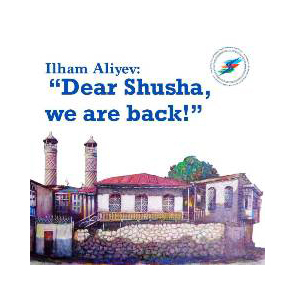

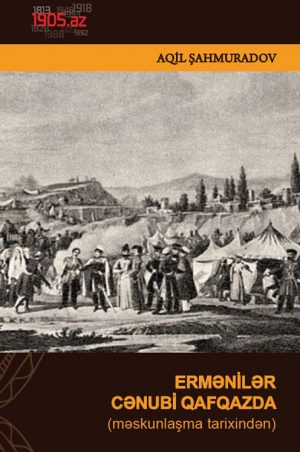






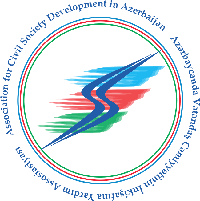
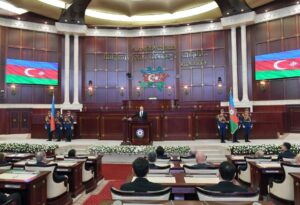 Inauguration ceremony of President of Azerbaijan Ilham Aliyev was held
Inauguration ceremony of President of Azerbaijan Ilham Aliyev was held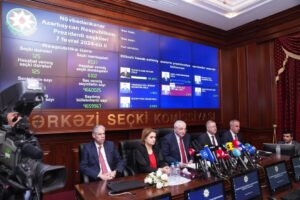 Ilham Aliyev wins presidential election with 92.05 percent of votes VIDEO
Ilham Aliyev wins presidential election with 92.05 percent of votes VIDEO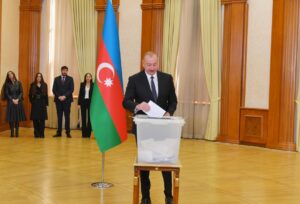 President Ilham Aliyev, First Lady Mehriban Aliyeva and family members voted in Khankendi VIDEO
President Ilham Aliyev, First Lady Mehriban Aliyeva and family members voted in Khankendi VIDEO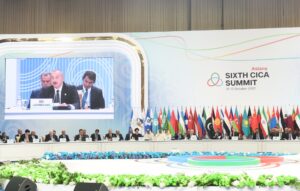 Plenary session of 6th Summit of Conference on Interaction and Confidence Building Measures in Asia gets underway in Astana. President Ilham Aliyev attends the plenary session VIDEO
Plenary session of 6th Summit of Conference on Interaction and Confidence Building Measures in Asia gets underway in Astana. President Ilham Aliyev attends the plenary session VIDEO President Ilham Aliyev was interviewed by Azerbaijani TV channels in Prague VIDEO
President Ilham Aliyev was interviewed by Azerbaijani TV channels in Prague VIDEO



